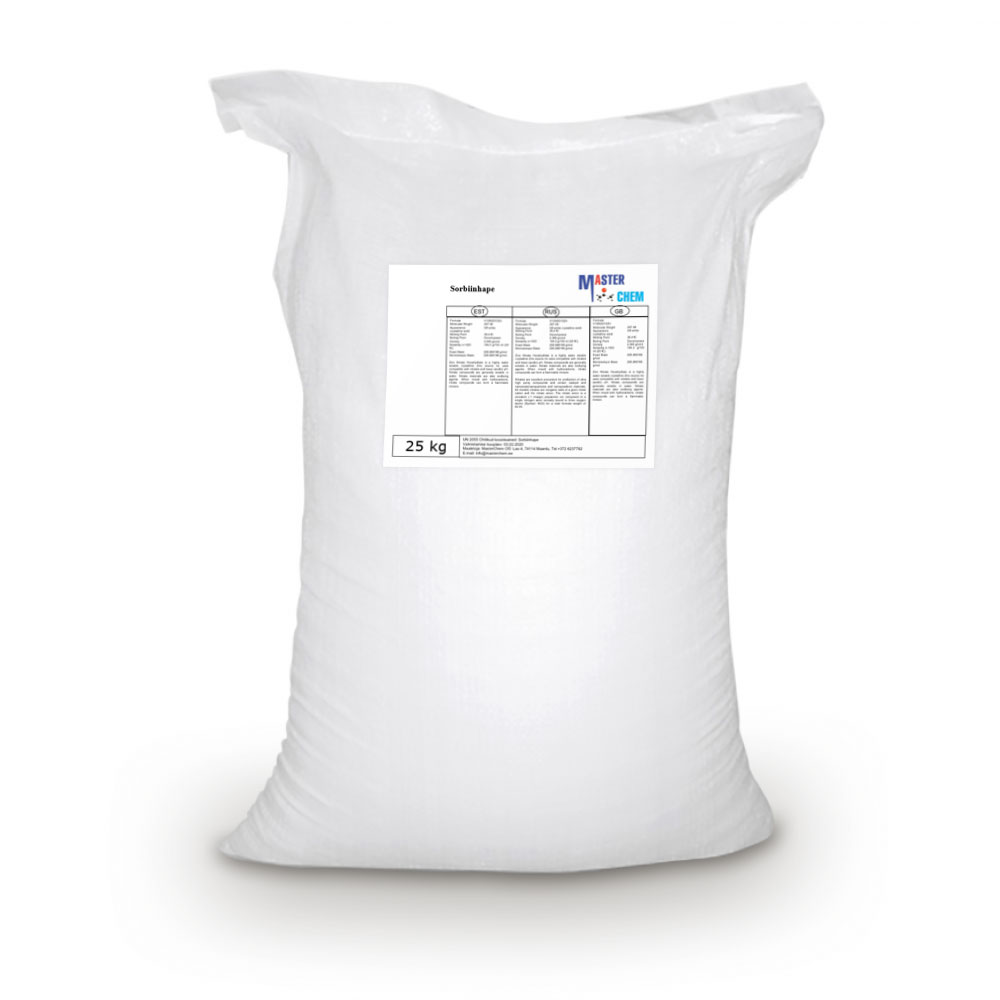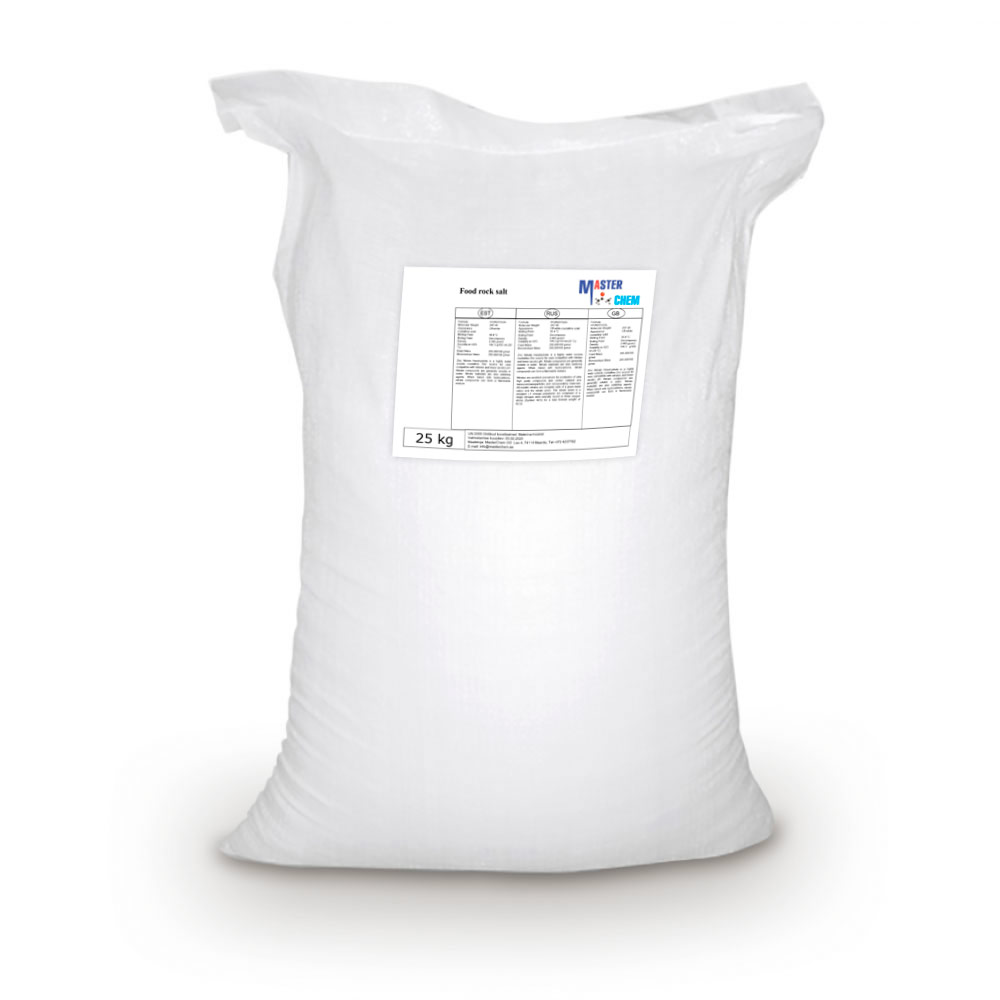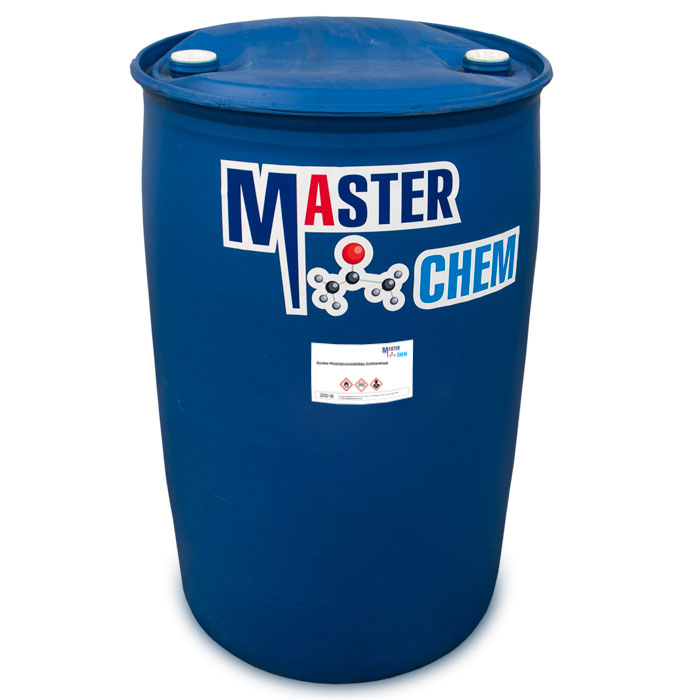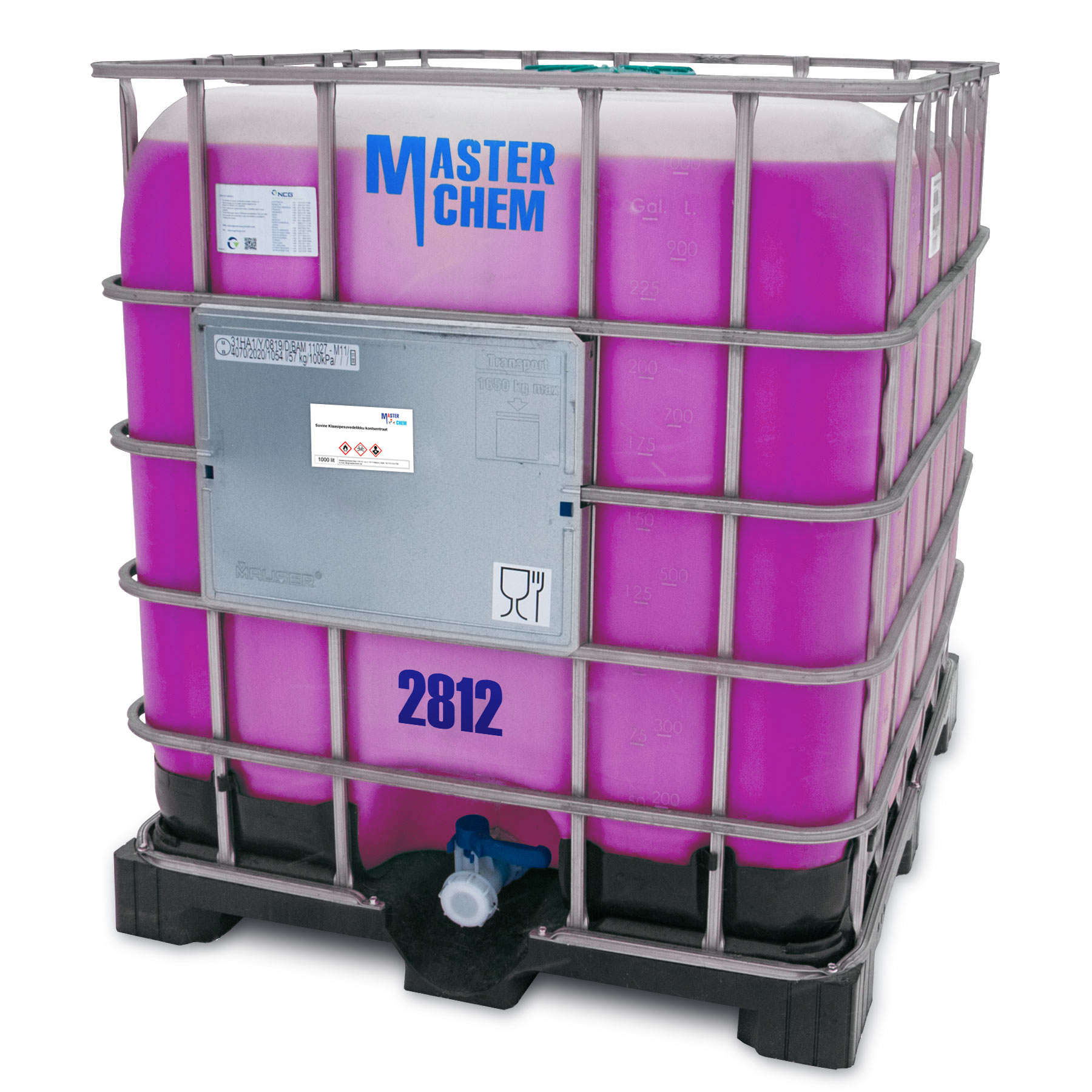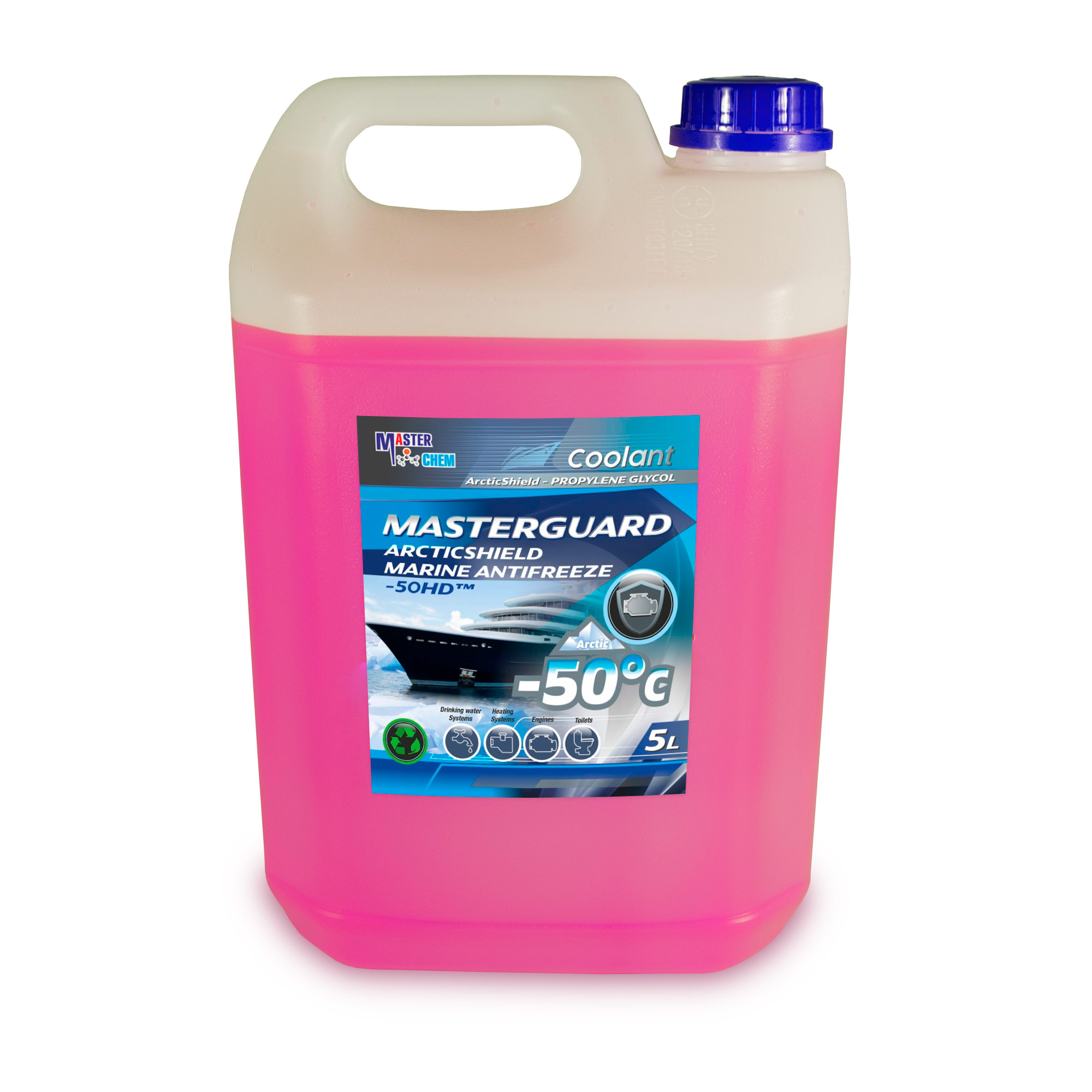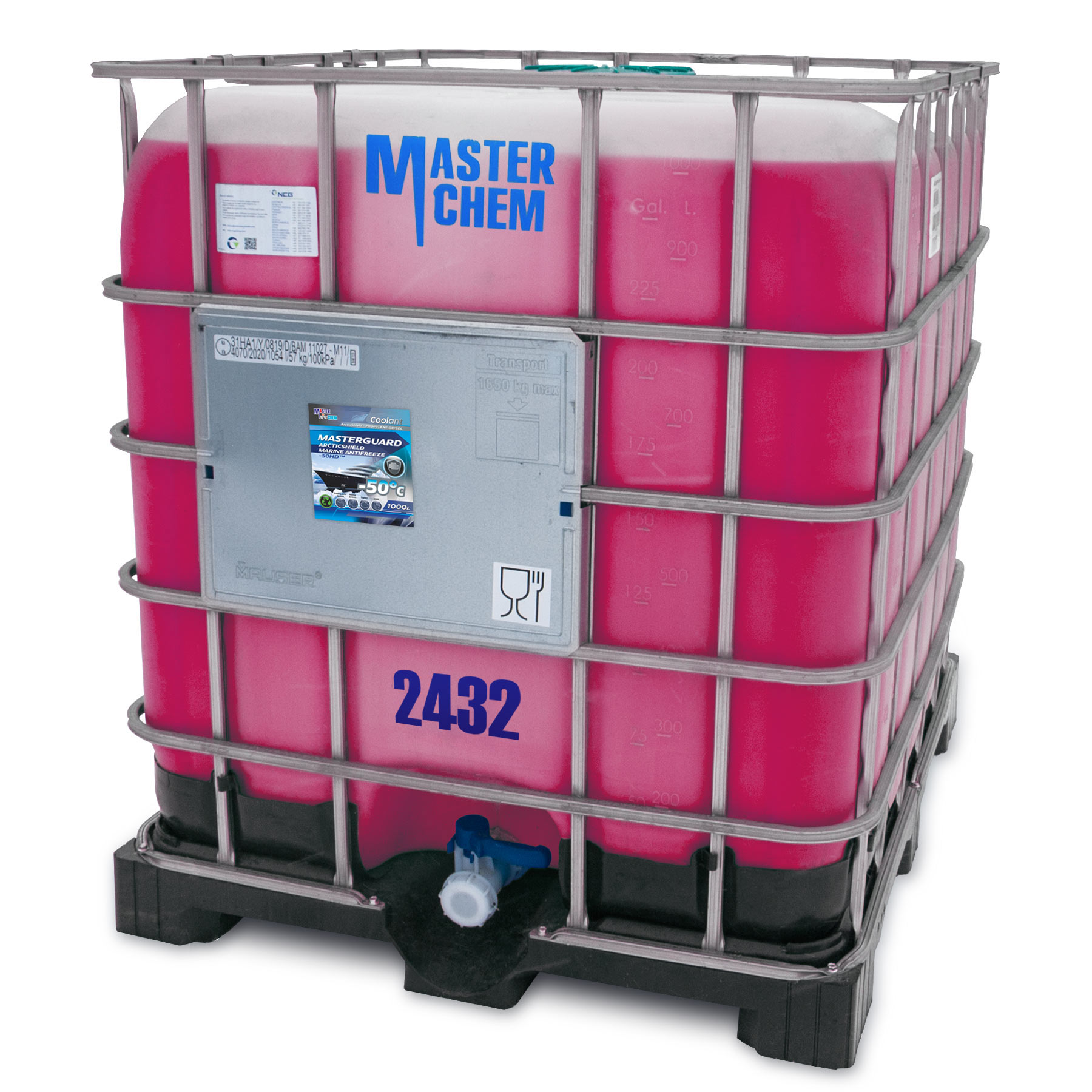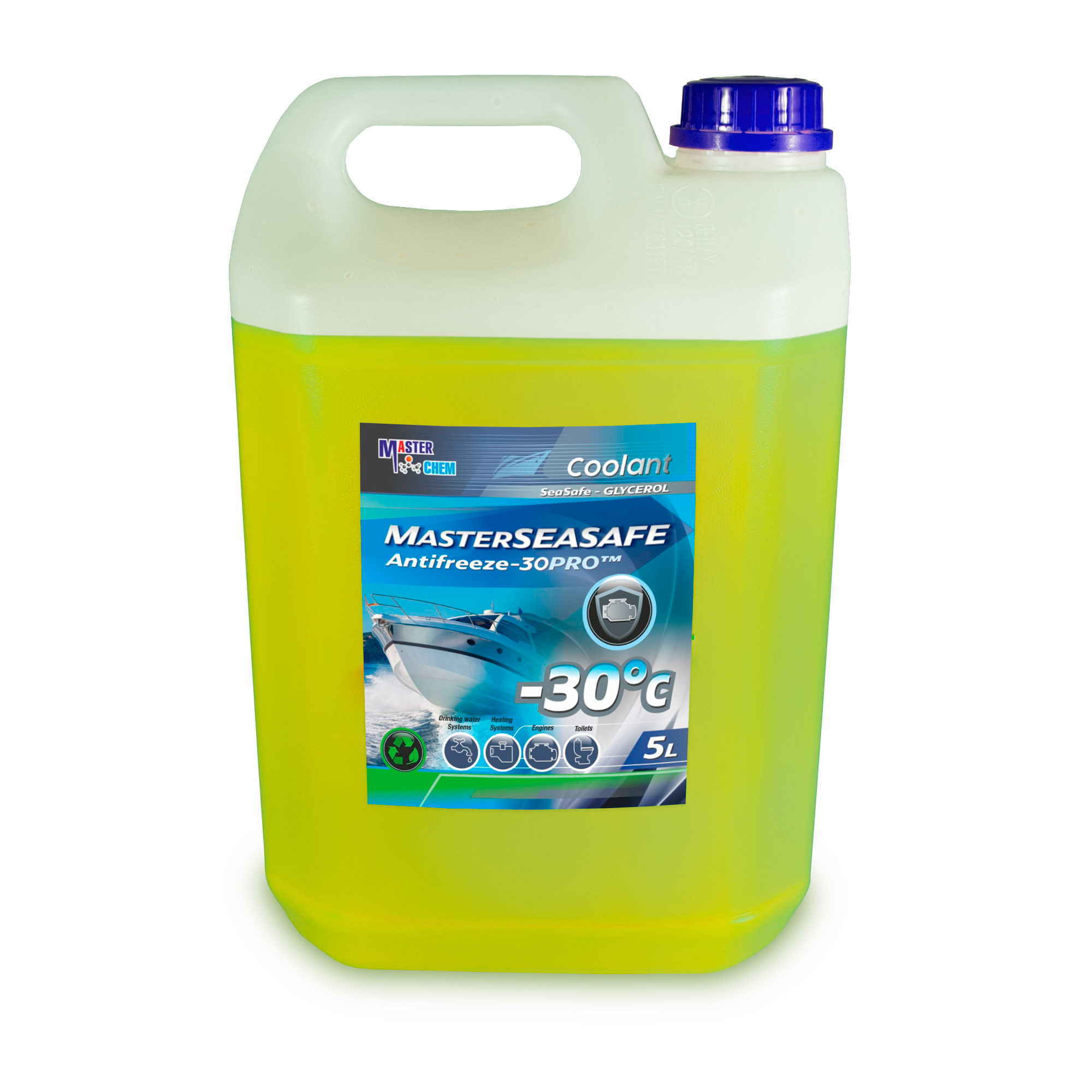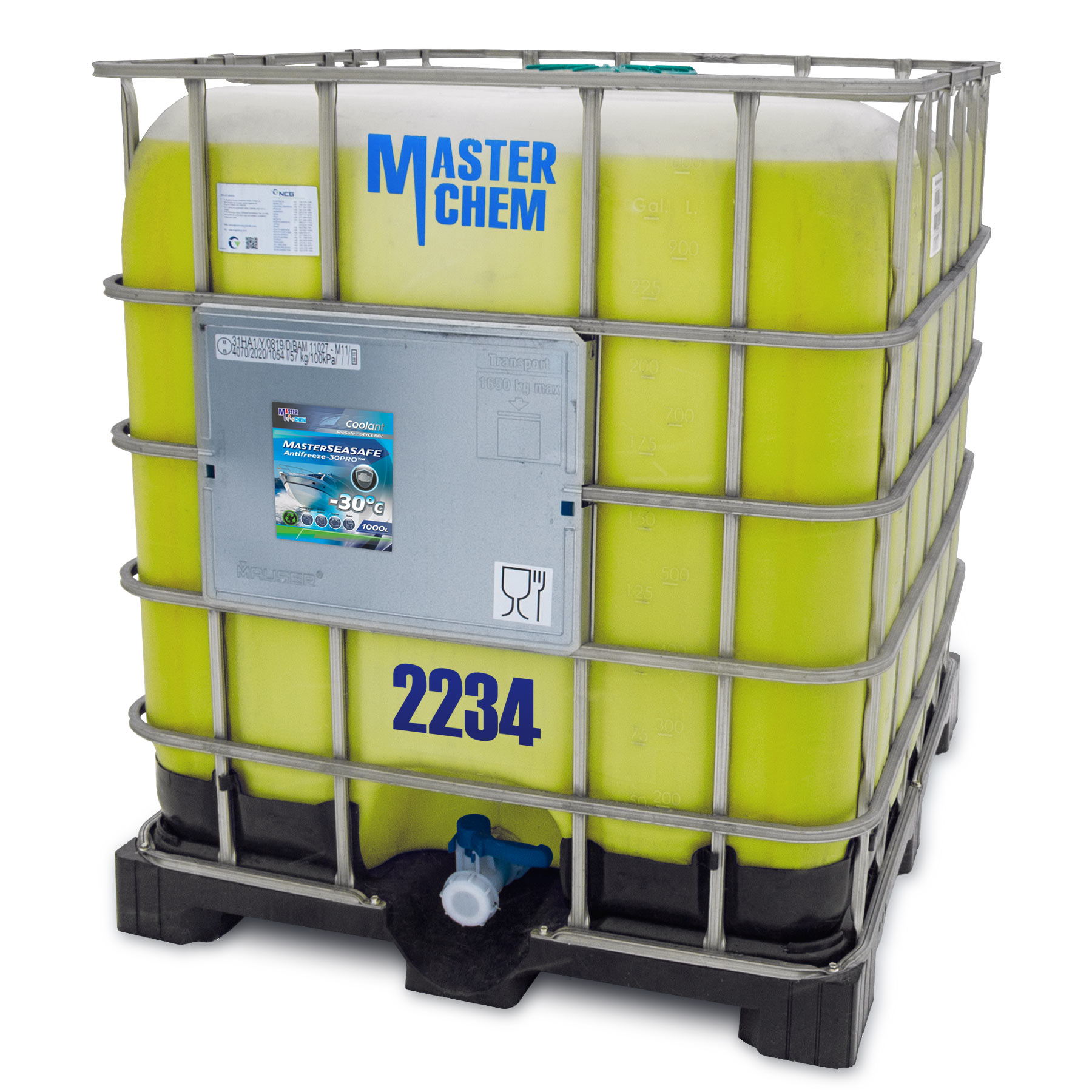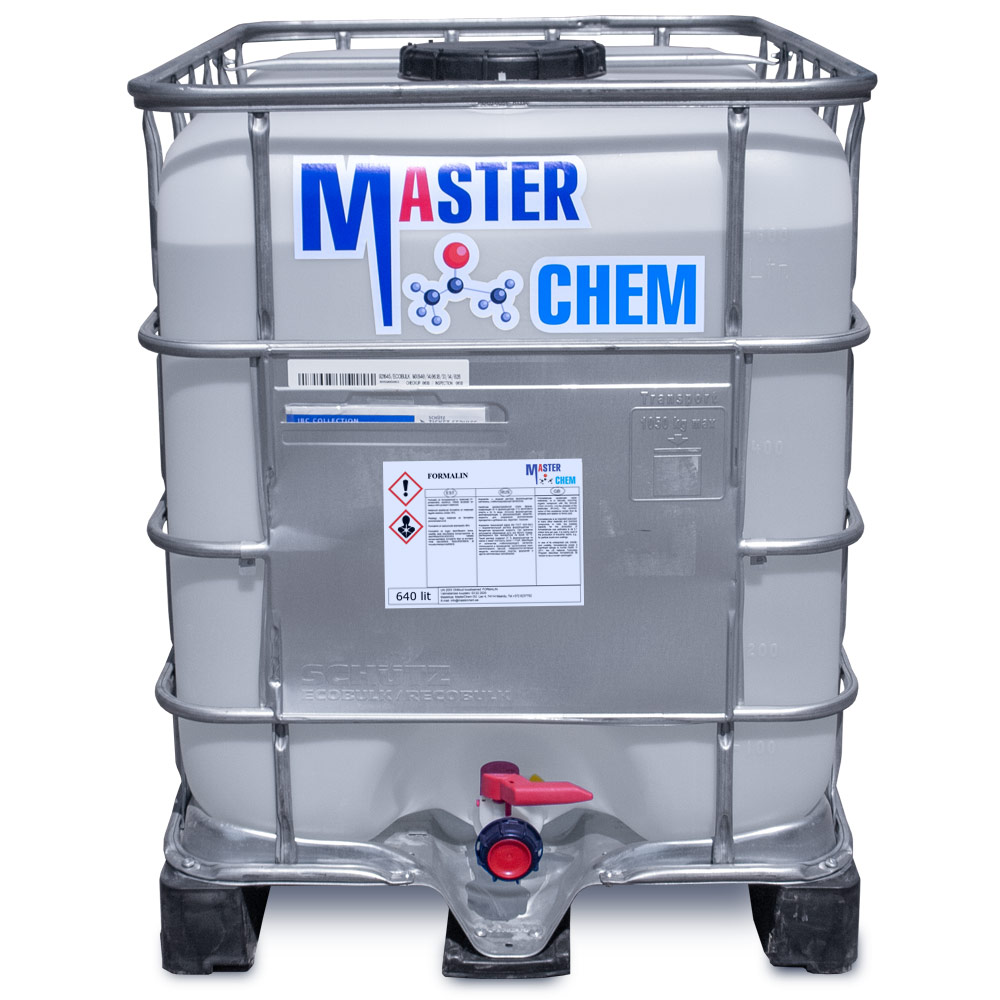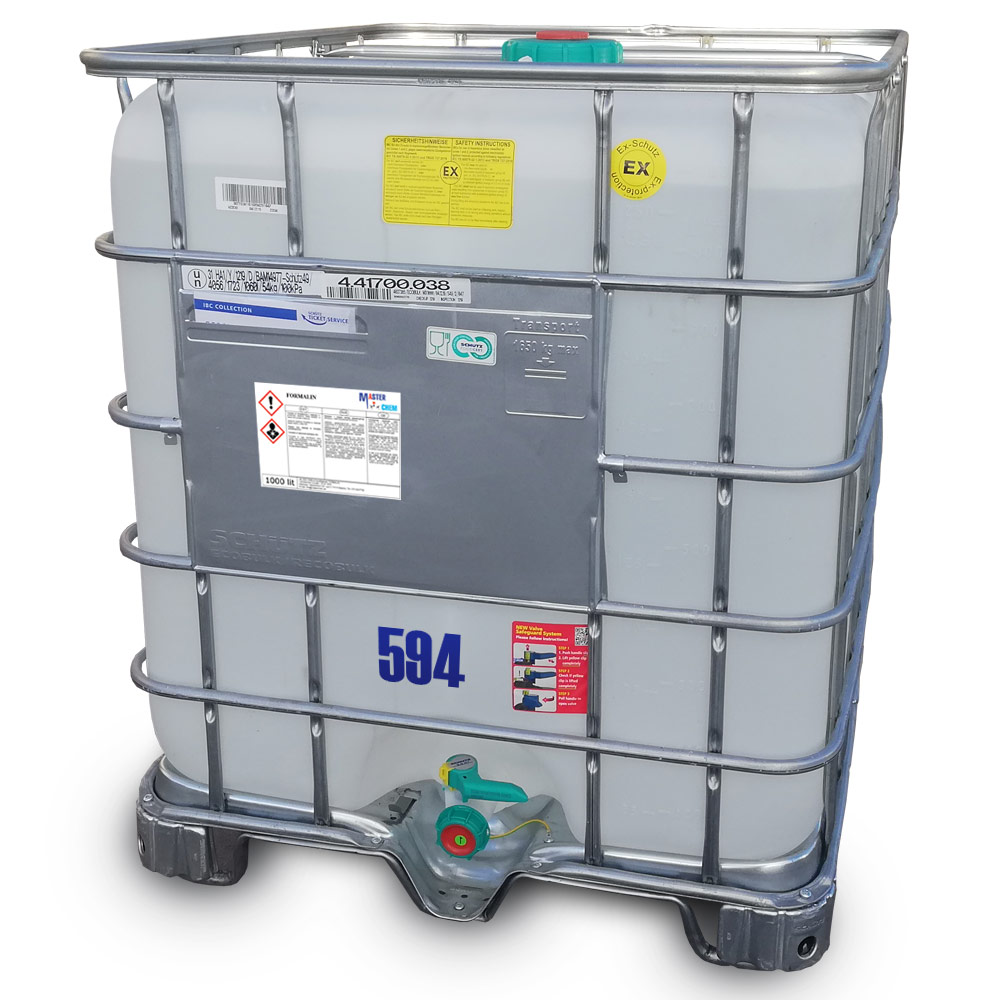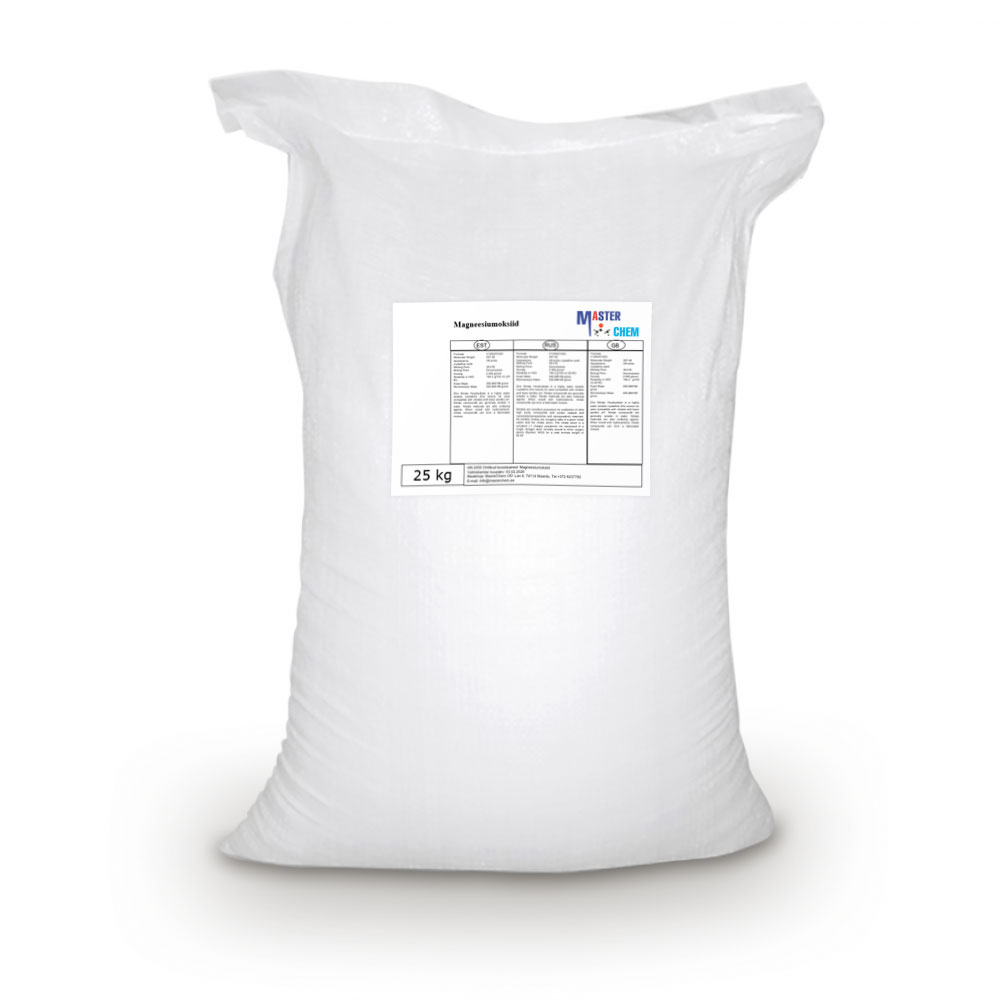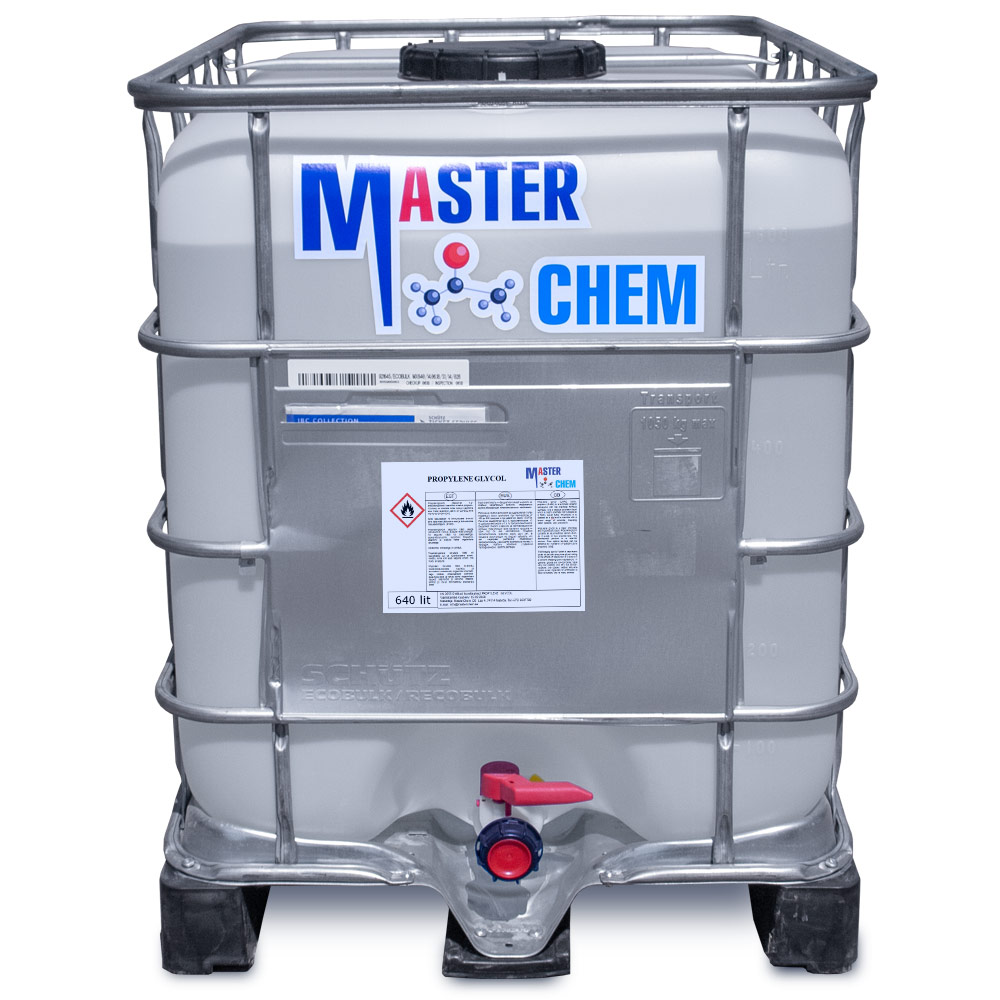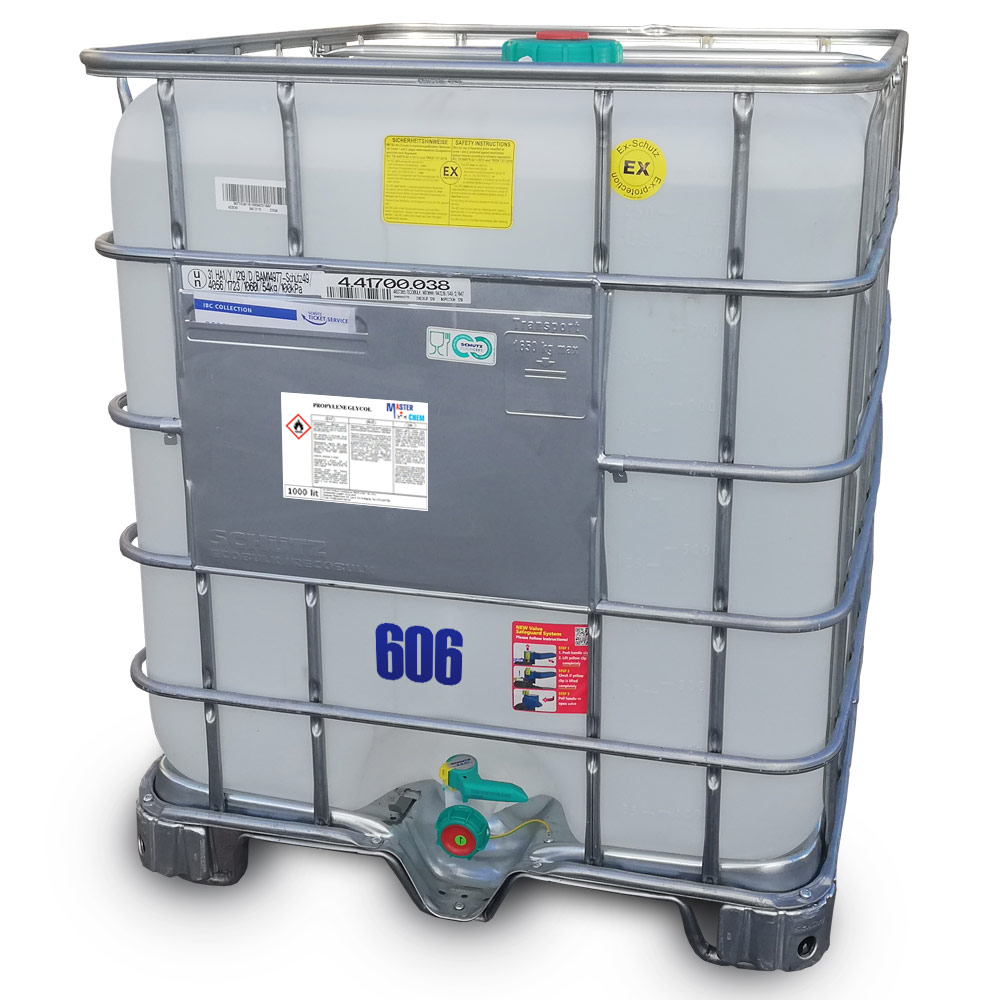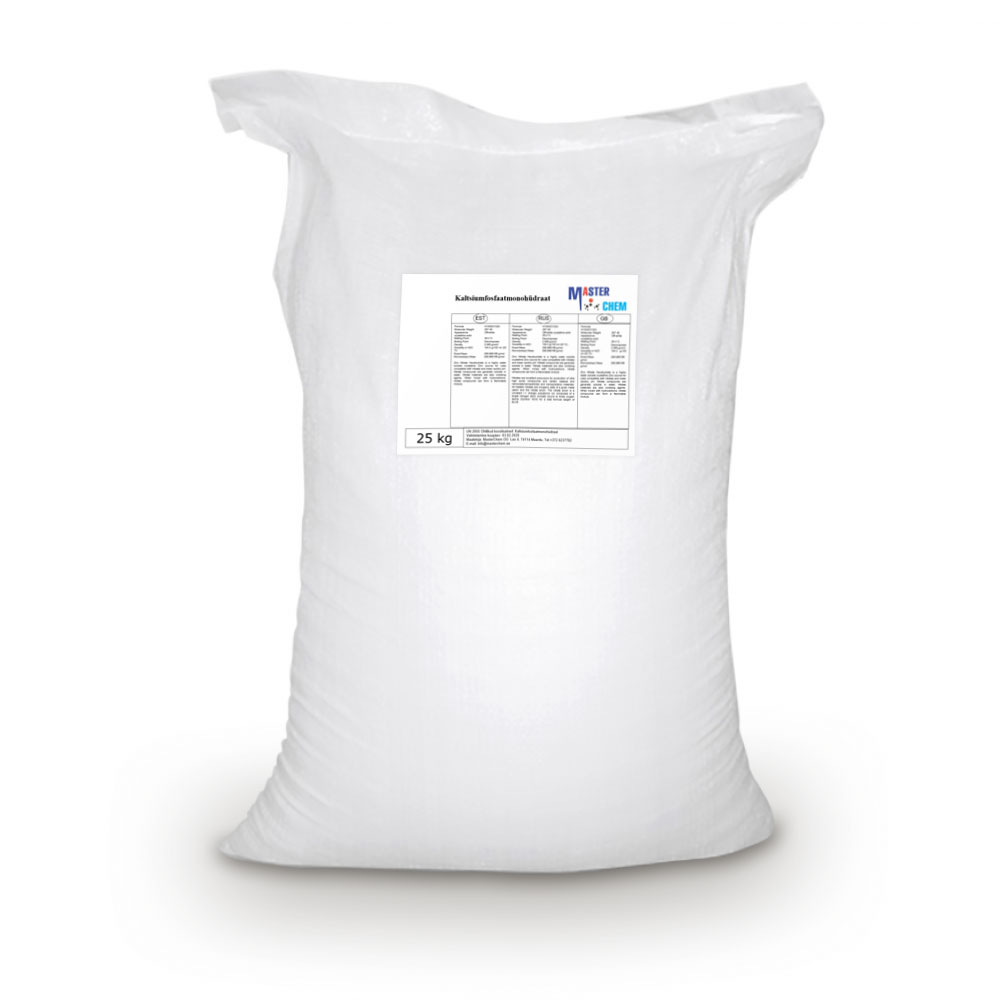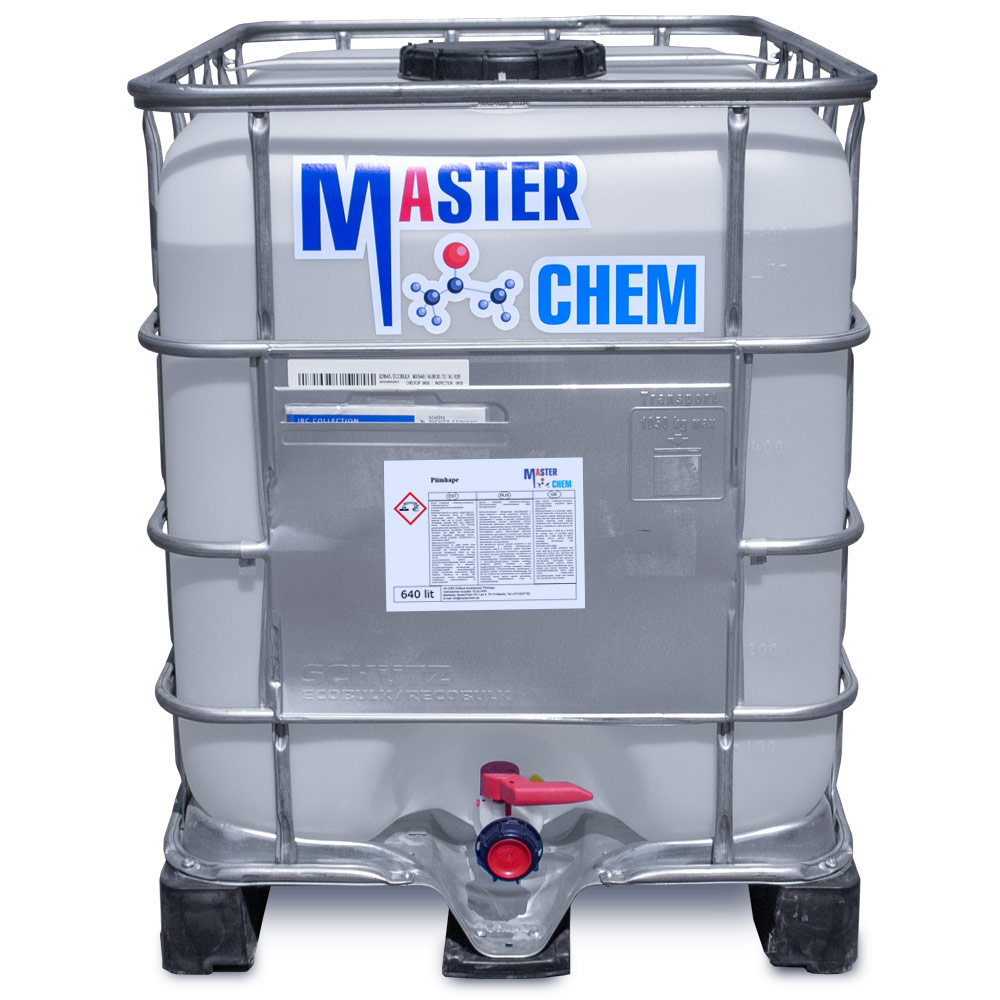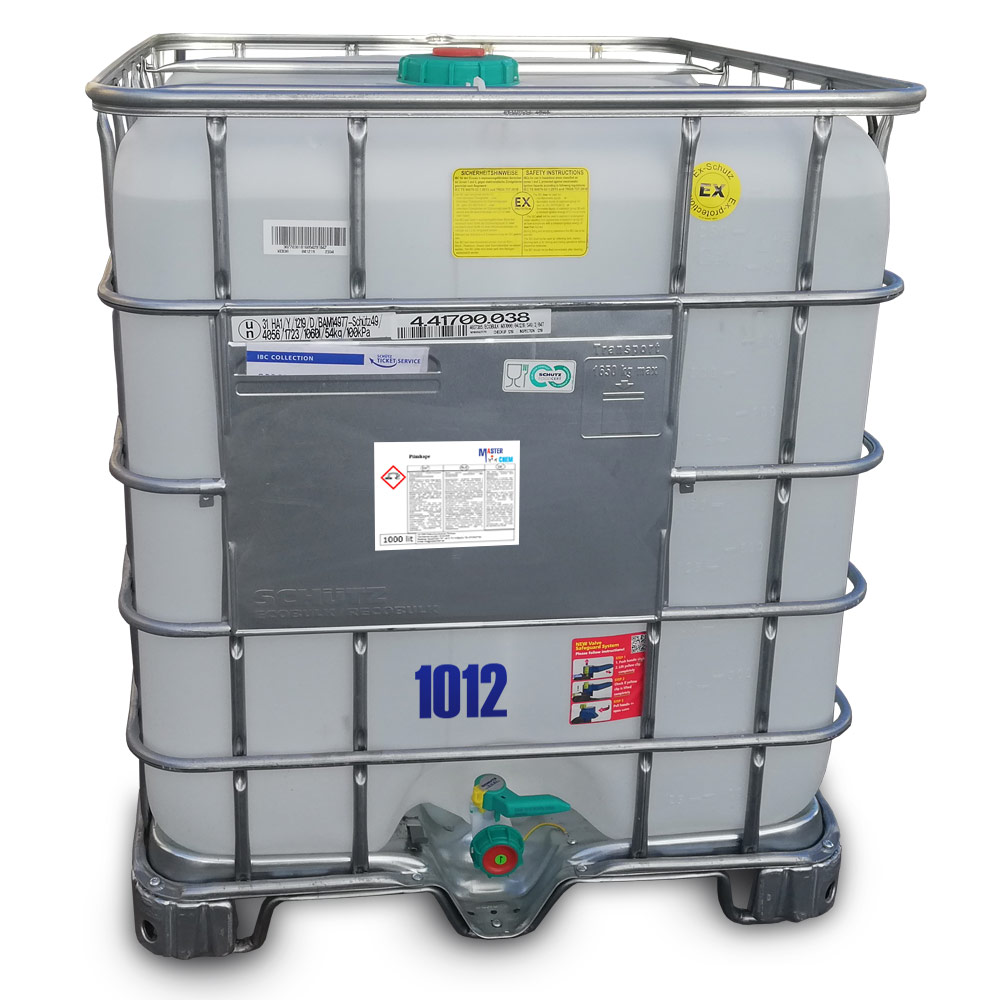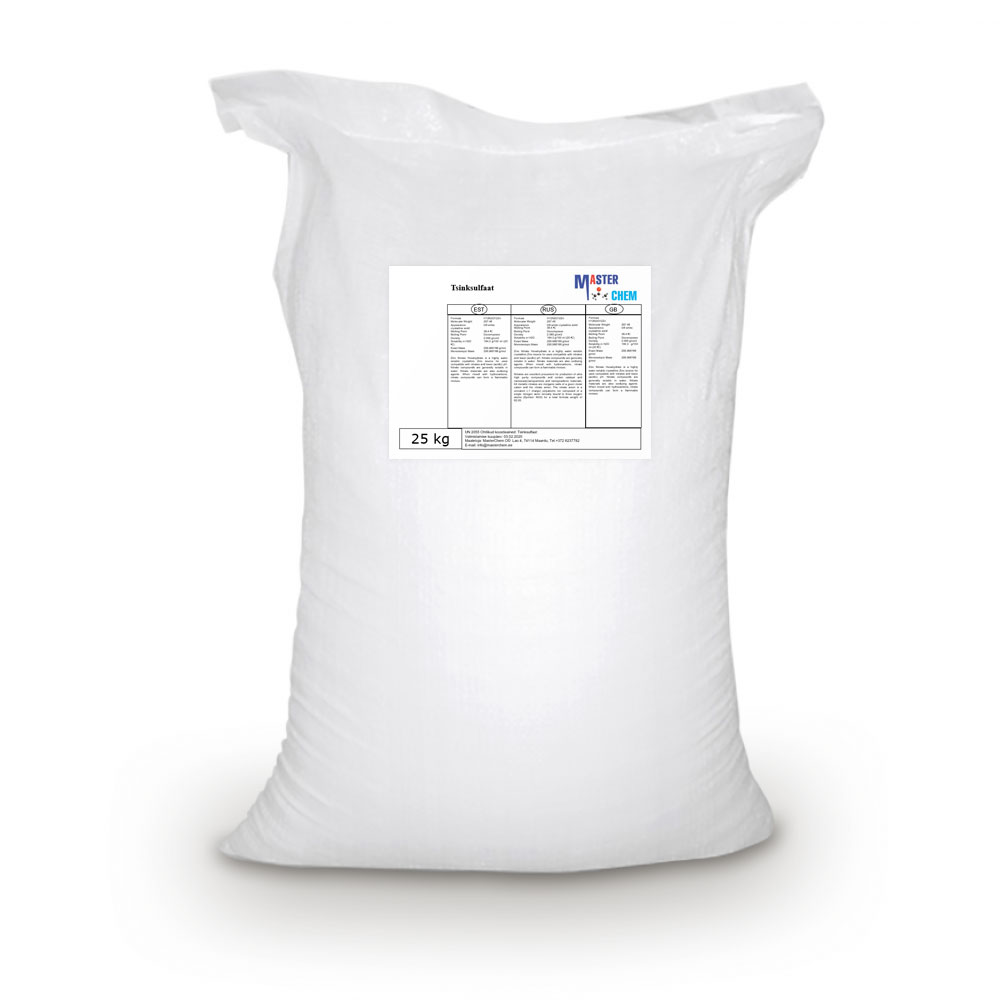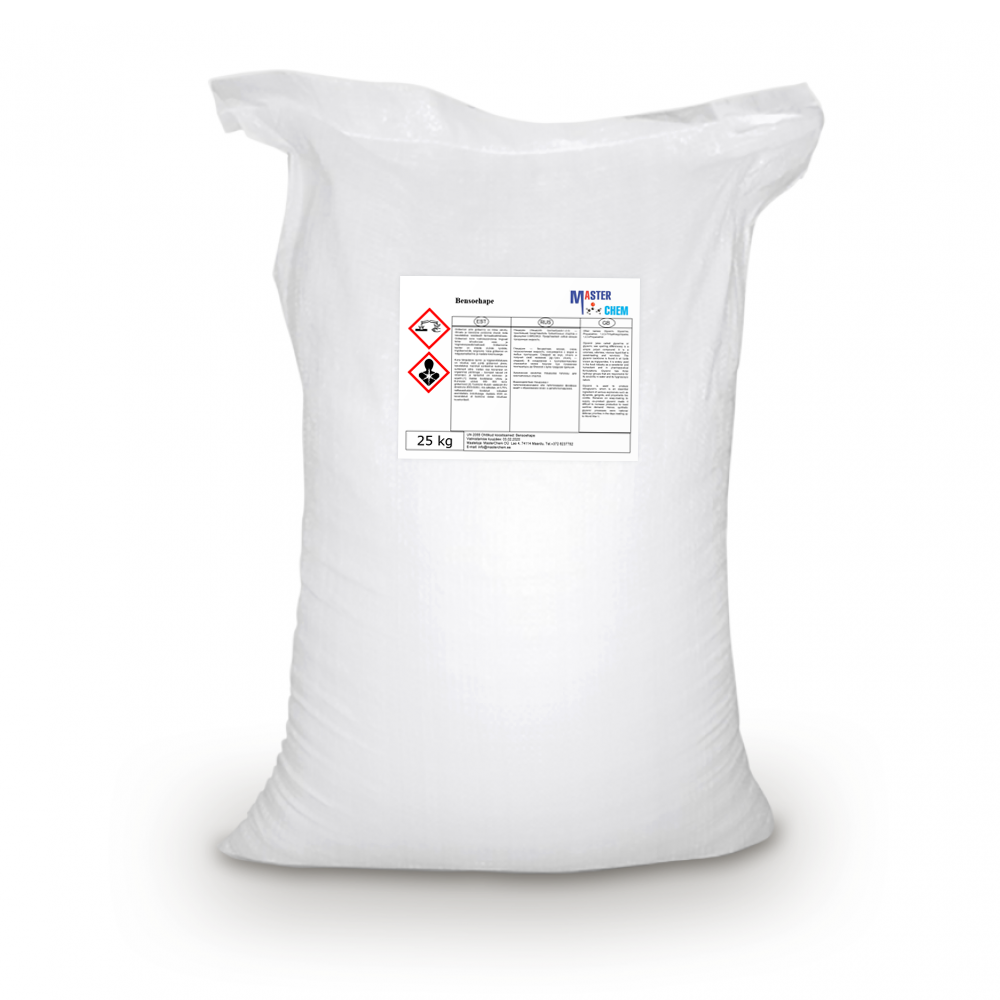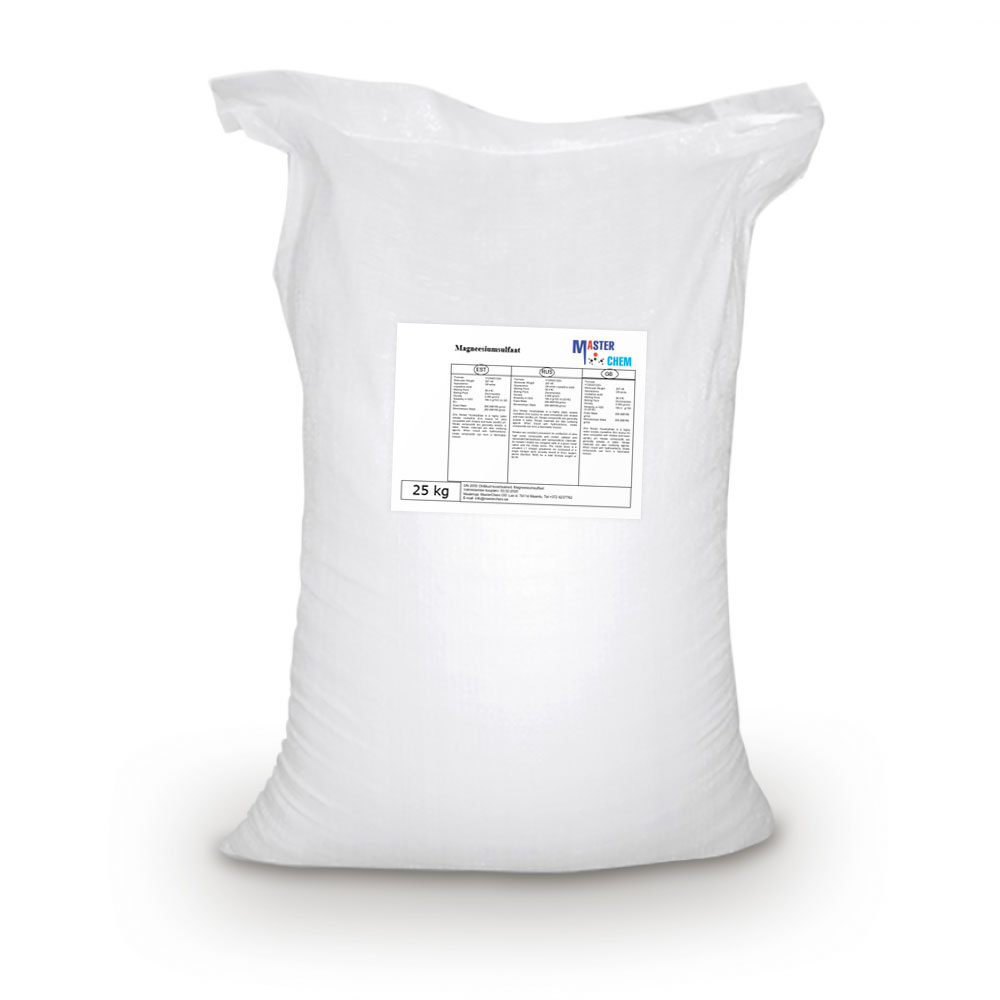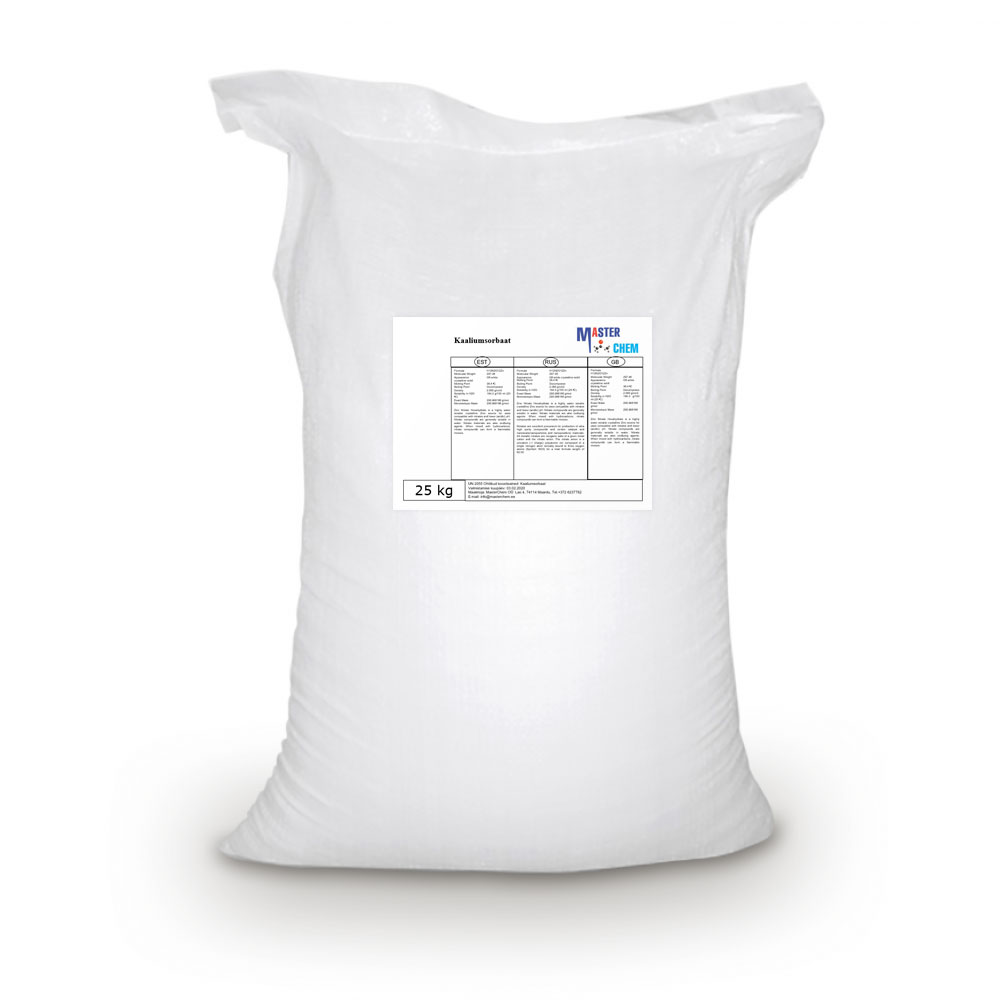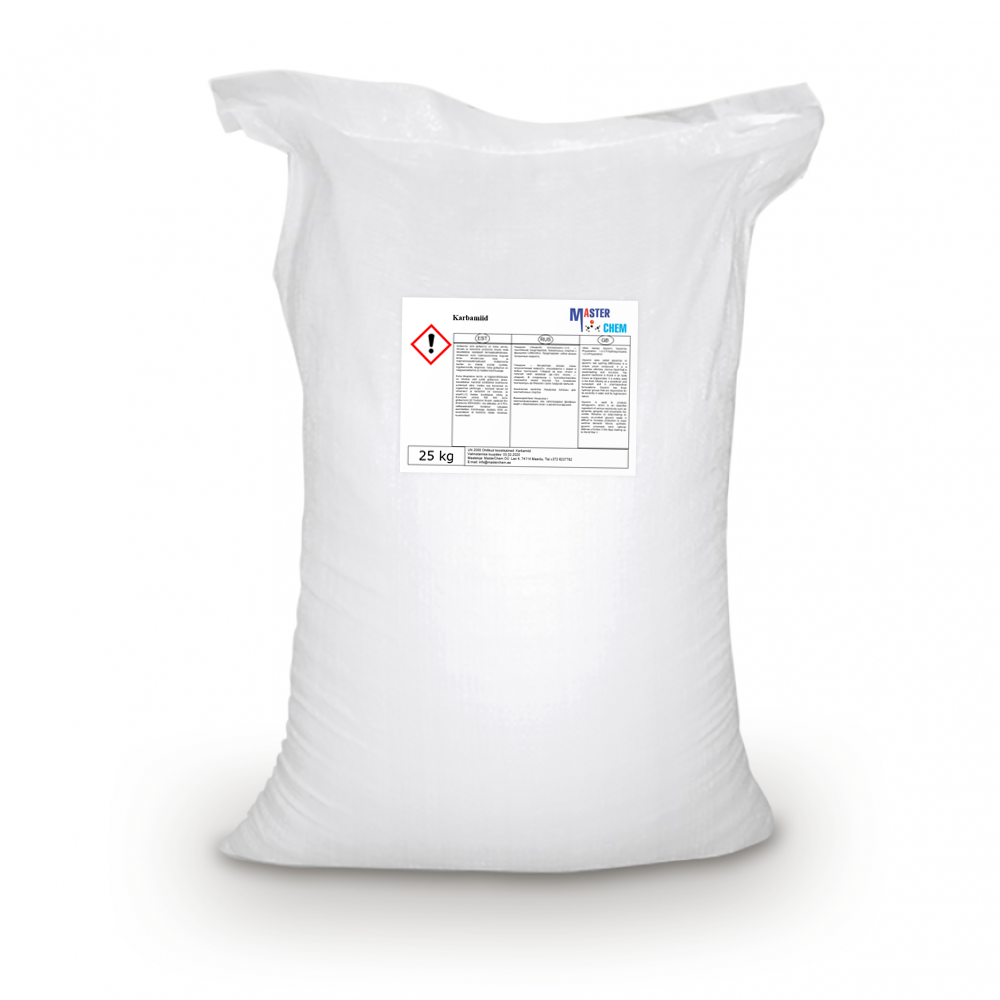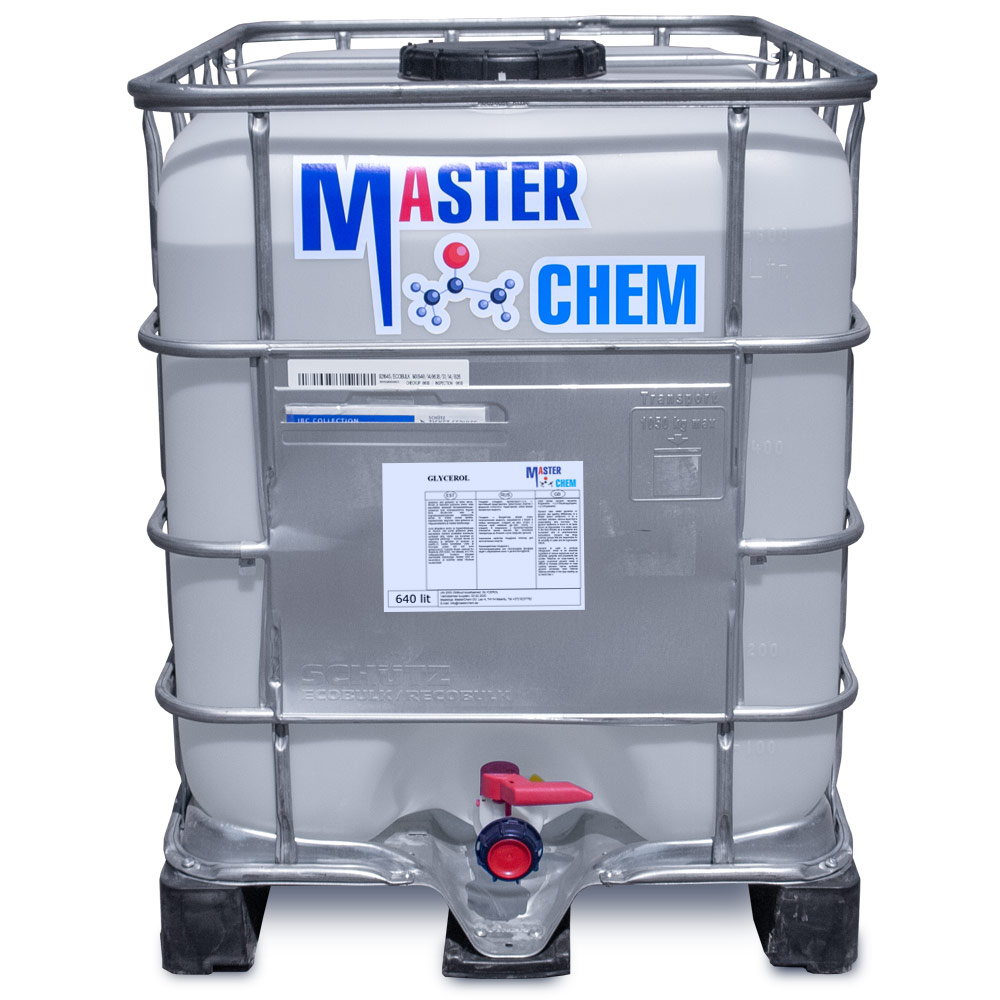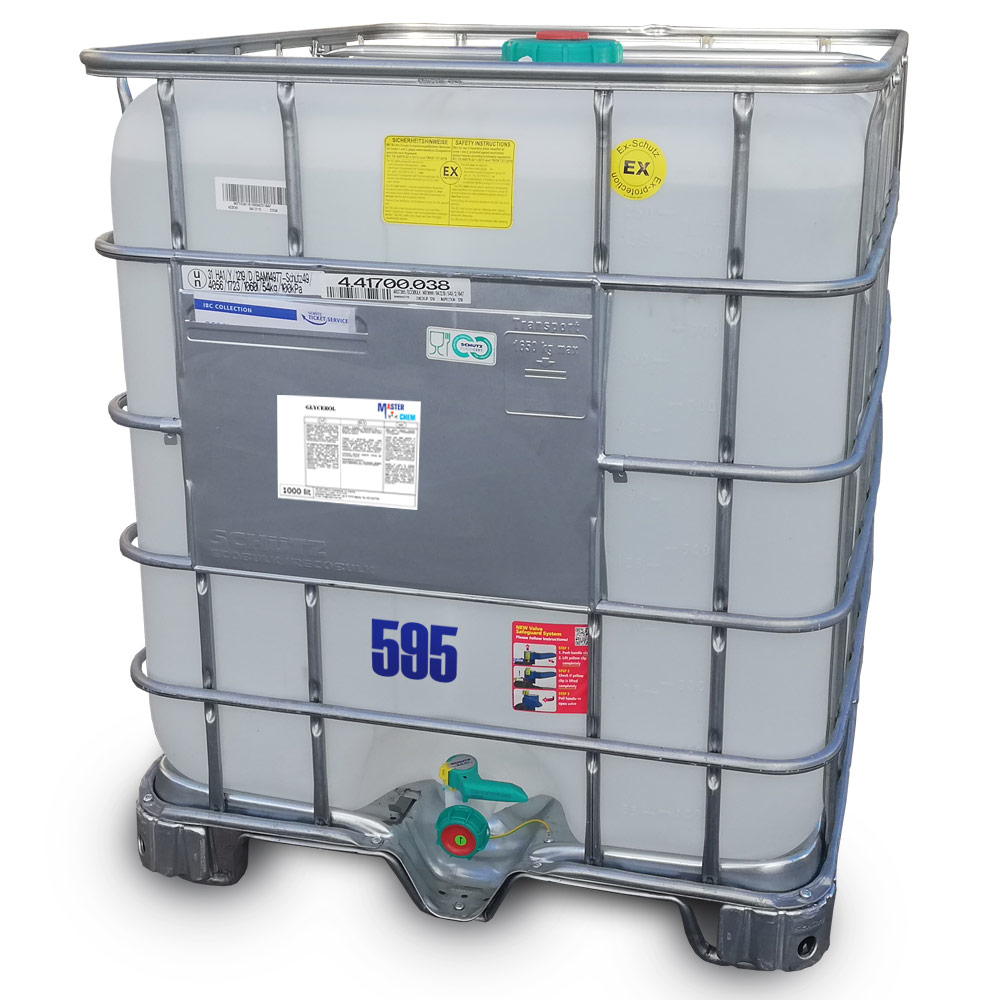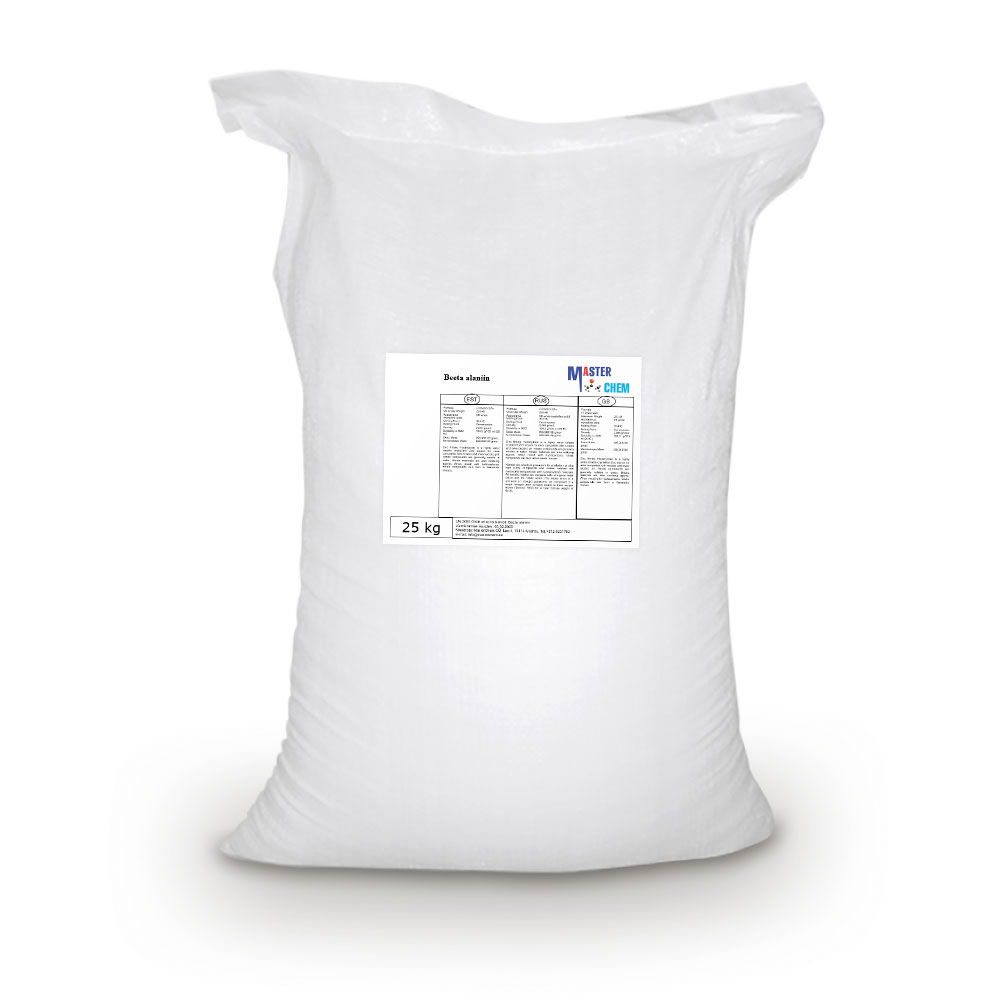Currently Empty: €0.00
Sorbic acid (CAS 110-44-1)
Sorbic acid (CAS 110-44-1)
Sorbic acid, or 2,4-hexadienoic acid, is a natural organic compound used as a food preservative. It has the chemical formula CH3(CH)4CO2H. It is a colourless solid that is slightly soluble in water and sublimes readily. It was first isolated from the unripe berries of the Sorbus aucuparia (rowan tree), hence its name.
Sorbic acid and its salts, such as sodium sorbate, potassium sorbate, and calcium sorbate, are antimicrobial agents often used as preservatives in food and drinks to prevent the growth of mold, yeast, and fungi. In general the salts are preferred over the acid form because they are more soluble in water, but the active form is the acid. The optimal pH for the antimicrobial activity is below pH 6.5. Sorbates are generally used at concentrations of 0.025% to 0.10%. Adding sorbate salts to food will, however, raise the pH of the food slightly so the pH may need to be adjusted to assure safety. It is found in foods such as cheeses and breads.
€0.00
Product Description
Information
Industries: Pharmaceutical industry, Food industry , Feed industry
CAS number: 110-44-1
WE number: 203-768-7
Chemical formula: C6H8O2
Molar mass: 112,13 g/mol
Customs tariff code: 29161995
Other physical properties
pH: 3,3 (1,6 g/l H2O w 20°C)
Melting / freezing point: 132 – 135°C
Boiling point / range: 170°C
Relative density: 1,2 g/cm3 (20°C)
Solubility in water: 1,4 g/l (20°C)
| Dimensions | N/A |
|---|---|
| Pieejamais apjoms | 25 kg bag |

